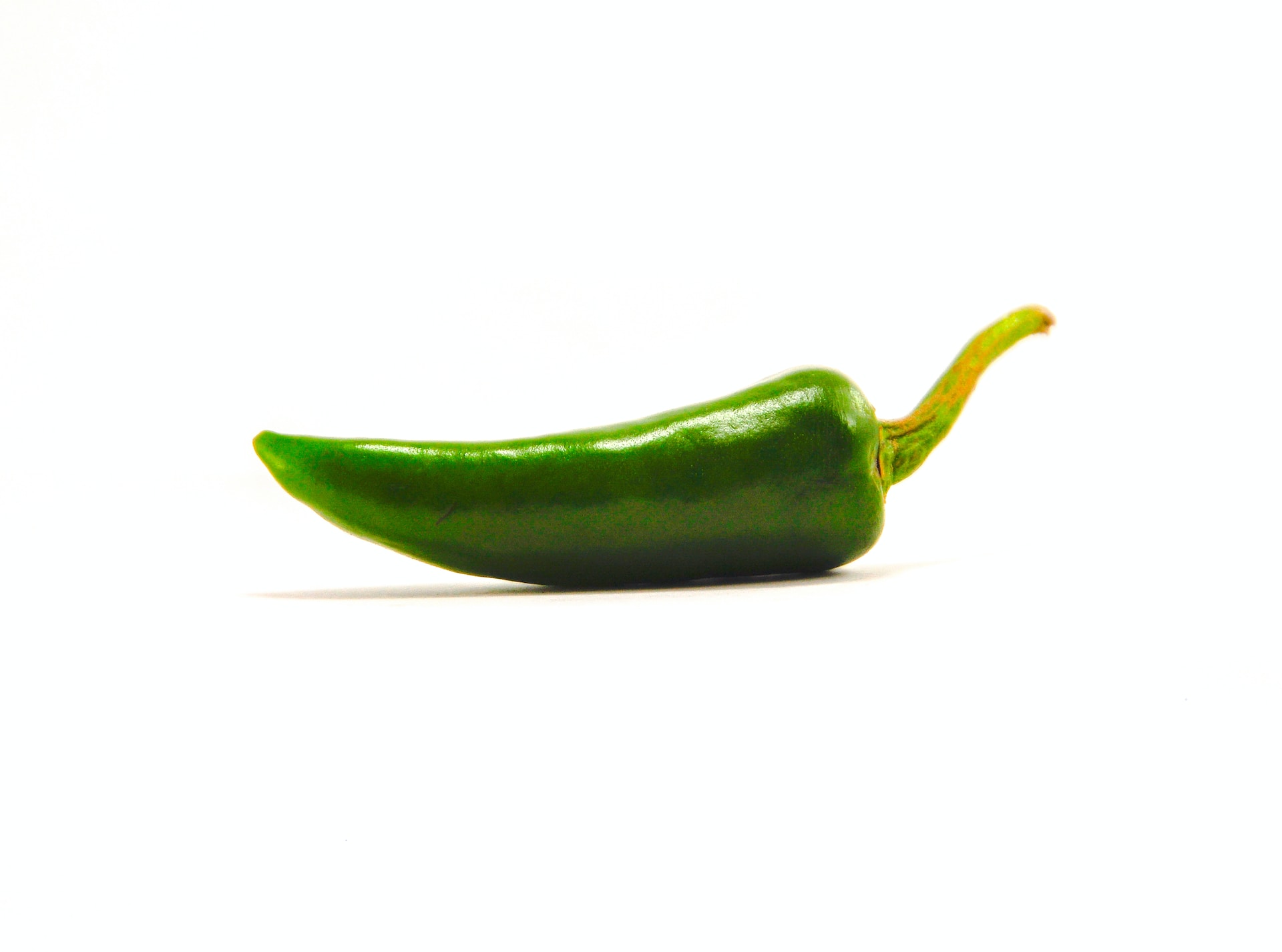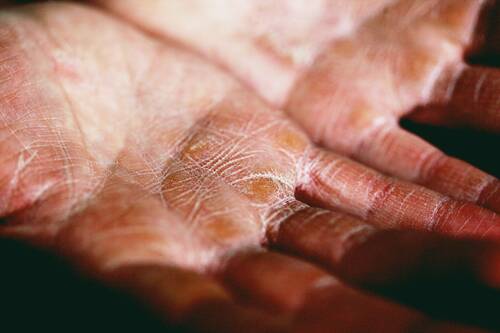5 Foods to Avoid During Menopause
Hello, fabulous menopausal ladies! Menopause is a transformative phase in a woman's life, but it often comes with its fair share of challenges, including changes in metabolism and hormone levels.

Your diet can play a crucial role in managing menopausal symptoms, so here are five foods you might want to avoid during this transition:
1. Sugary Treats and Processed Foods
Sugary snacks, candies, and highly processed foods are loaded with empty calories and can wreak havoc on your blood sugar levels. They can lead to weight gain and exacerbate mood swings, which are already common during menopause. Opt for healthier, natural sweeteners like honey or maple syrup and whole, unprocessed foods.
2. Caffeine
Caffeine can disrupt your sleep patterns, and getting quality rest can be a struggle during menopause. Limiting your caffeine intake, especially in the afternoon and evening, can help improve your sleep quality.
3. Spicy Foods
Spicy foods can trigger hot flashes and night sweats, which are frequent companions during menopause. If you love spicy cuisine, consider dialing it down a notch and opting for milder options to reduce these uncomfortable symptoms.
4. High-Sodium Foods
High-sodium foods, such as processed meats, canned soups, and some fast food items, can contribute to water retention and bloating, which can be more pronounced during menopause. Reducing your salt intake can help alleviate these issues.
5. Fatty Meats and Full-Fat Dairy
Fatty meats and full-fat dairy products are high in saturated fats, which can negatively impact heart health. During menopause, hormonal changes can already affect cardiovascular health, so it's essential to choose lean meats and low-fat dairy options to support a heart-healthy diet.
In Conclusion - Choose Wisely for a Smooth Transition
While these foods are best limited during menopause, it's essential to remember that individual responses can vary. Pay attention to how specific foods make you feel and adjust your diet accordingly. Opting for a balanced diet rich in fruits, vegetables, whole grains, lean proteins, and healthy fats can help ease the transition through menopause and promote overall well-being. Don't hesitate to consult a healthcare professional or registered dietitian for personalized dietary guidance tailored to your unique needs and preferences. You've got this!







